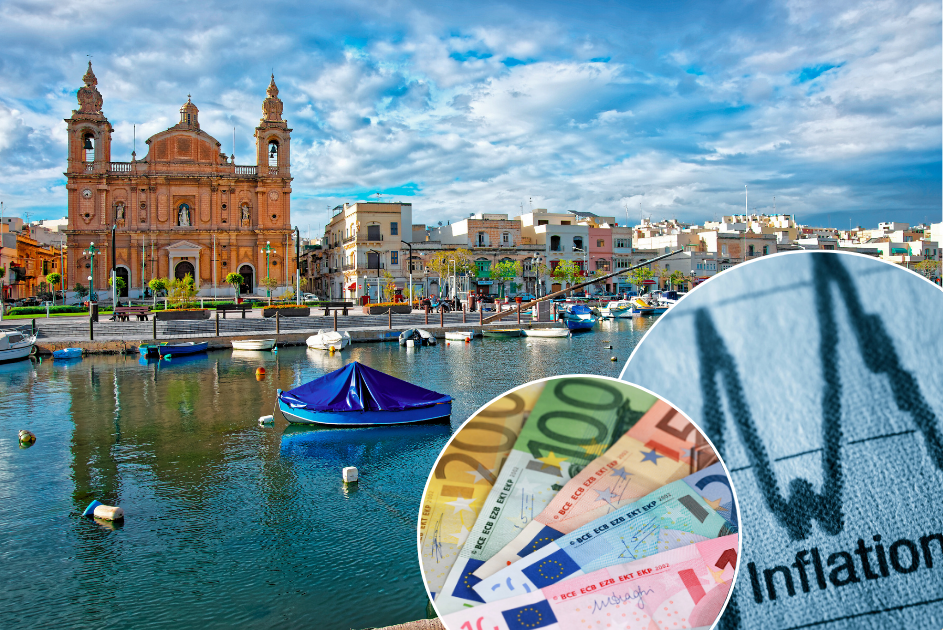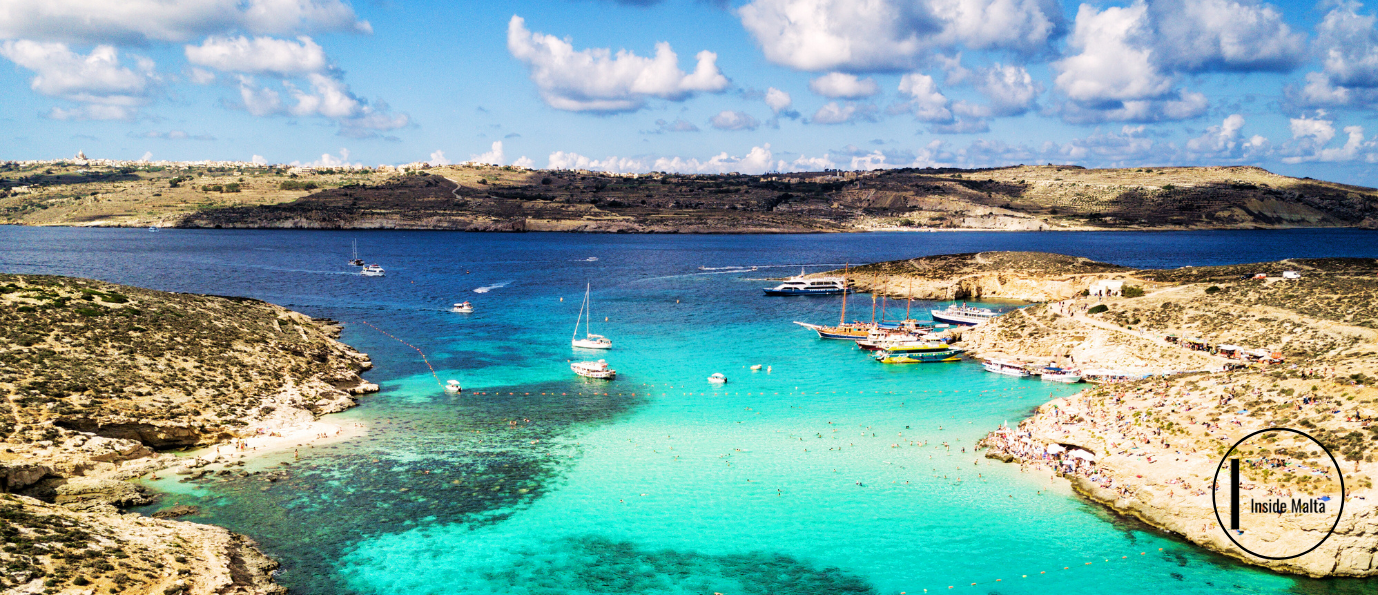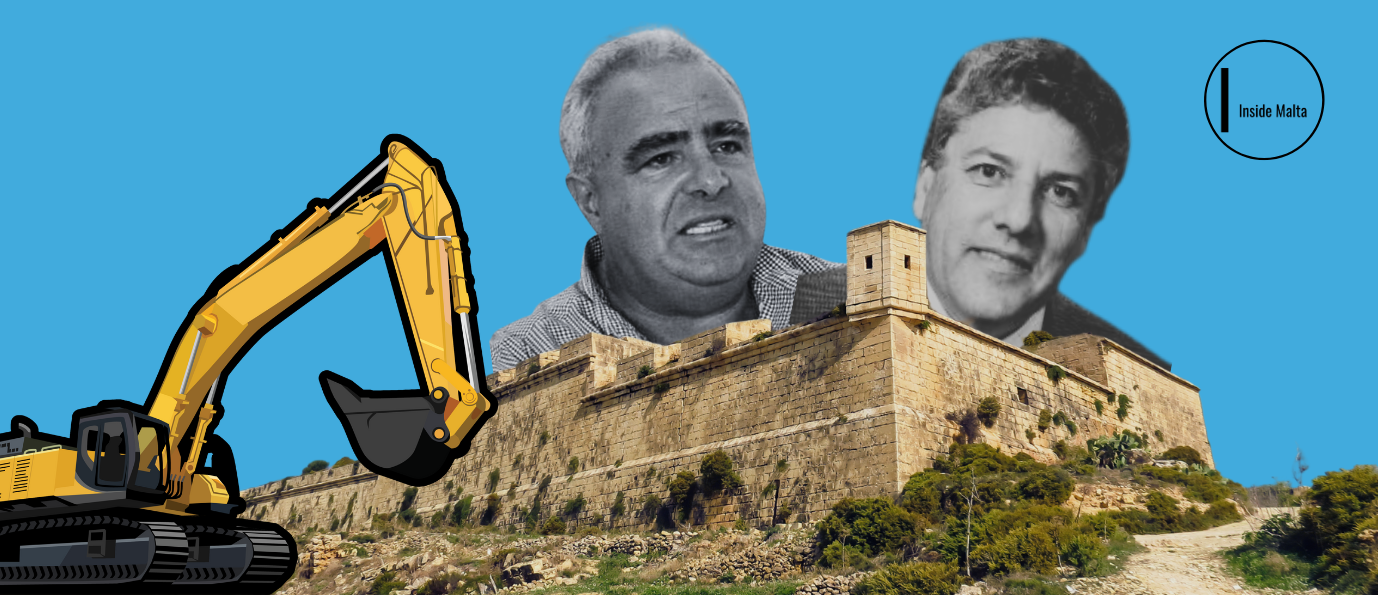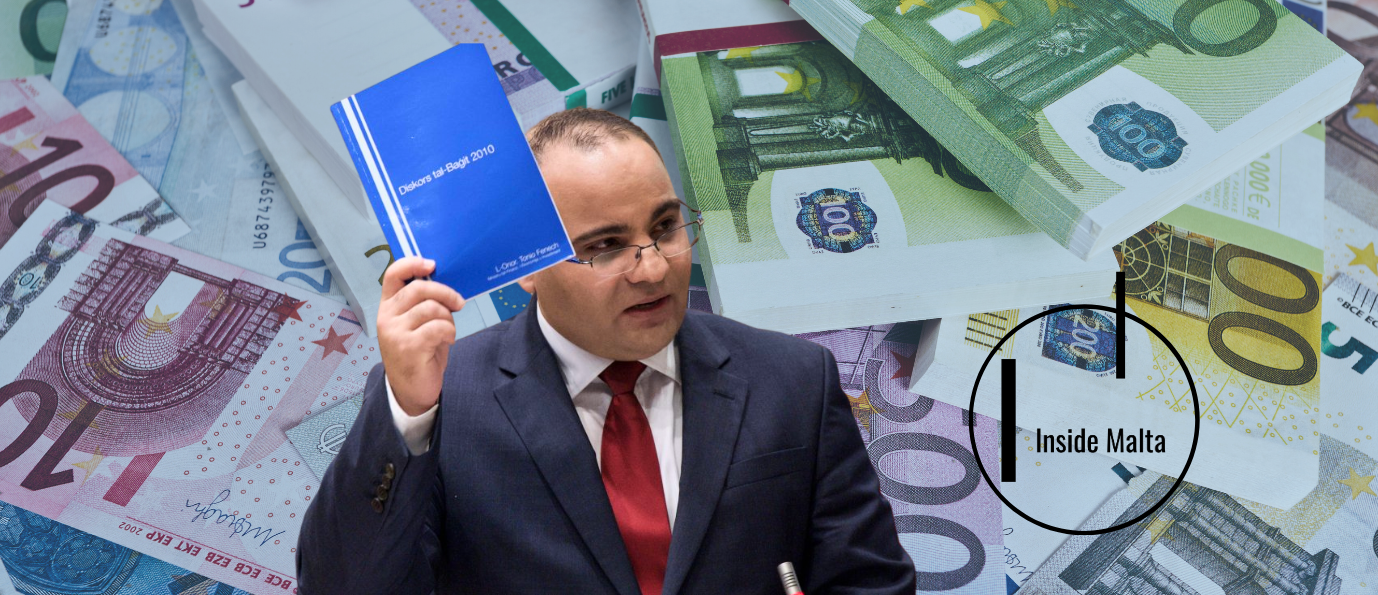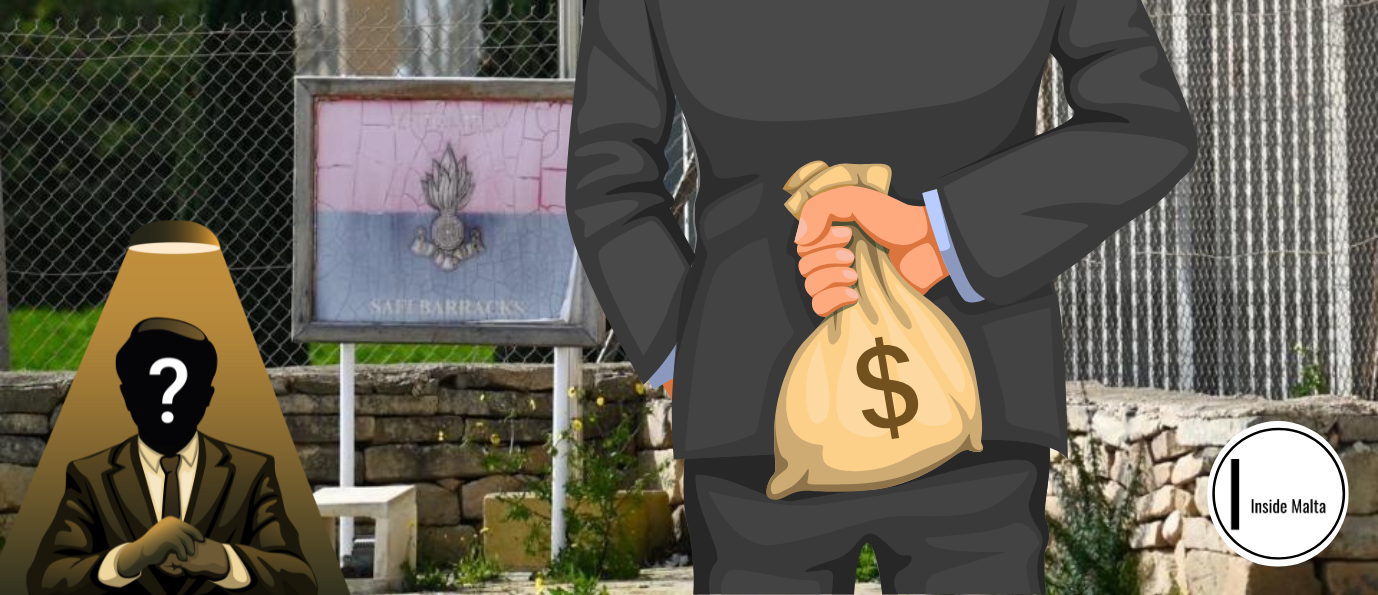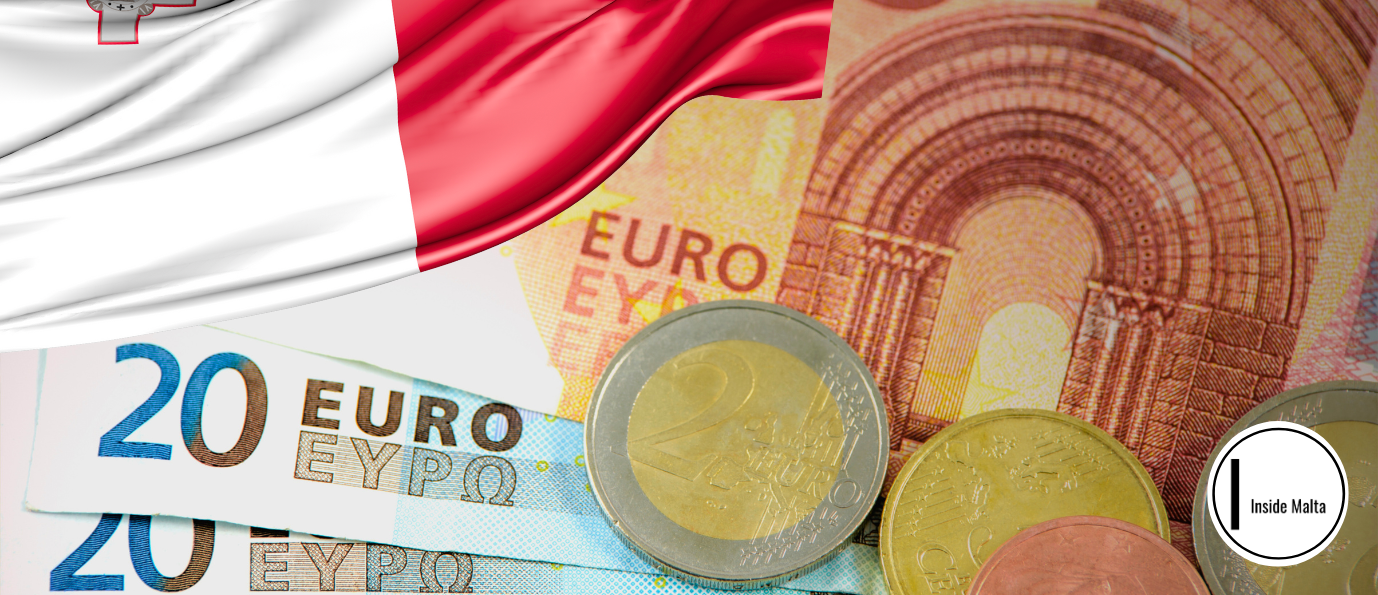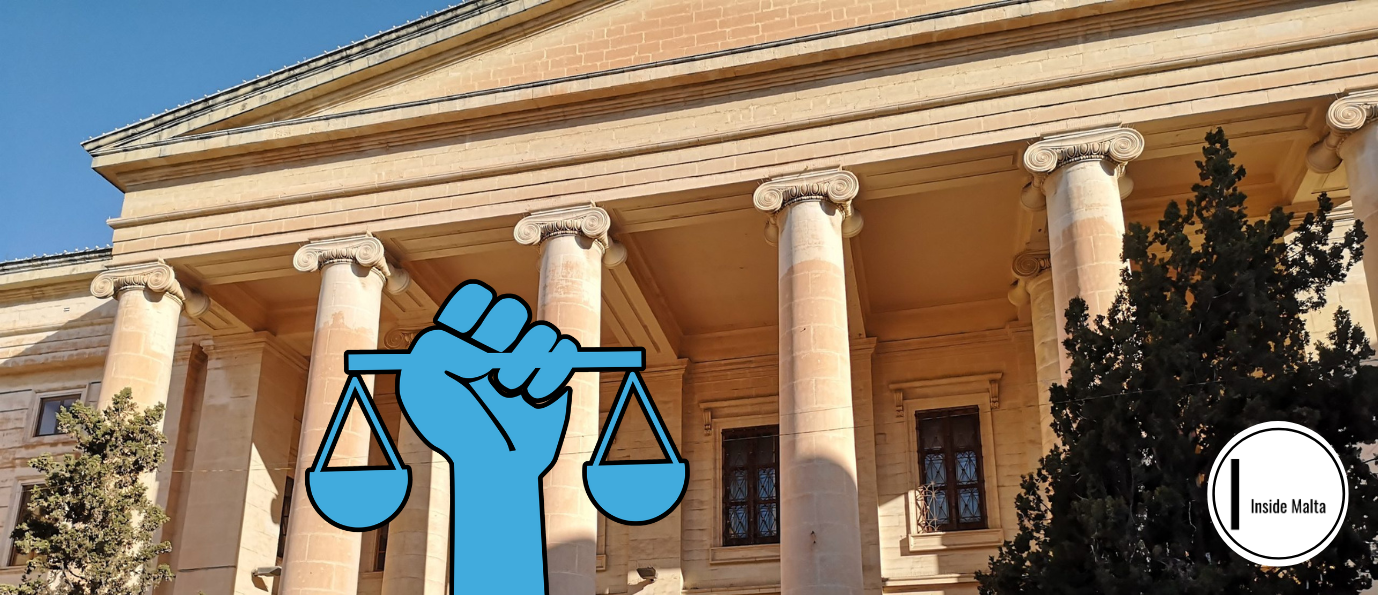While a recent NSO survey suggests that a two-thirds majority of Maltese adults are generally satisfied with their lives, a closer look reveals a more complex reality. Inflation in Malta has become a pressing concern, significantly eroding the purchasing power of many residents. This cost of living crisis threatens to turn the sunny islands into a paradise lost for the very people who call it home.
The Inflation Squeeze
Inflation refers to a sustained increase in the general price level of goods and services in an economy. In simpler terms, your money buys less over time. Imagine your wallet as a basket you use to buy groceries. With inflation, that basket mysteriously shrinks over time. The loaf of bread that used to cost €1 might now cost €1.10, seemingly a small difference. But over time, these seemingly small increases on everyday essentials add up significantly. Suddenly, your grocery basket can’t hold as much, forcing you to cut back on other necessities or reduce the quality of the items you buy. This is the essence of inflation’s grip on purchasing power, slowly squeezing the life out of household budgets.
A Tale of Two Maltas
The NSO survey, while helpful in understanding general life satisfaction, might not capture the depth of the cost of living crisis. A more nuanced picture emerges from a MaltaToday survey conducted in November 2023. This survey revealed a clear “Tale of Two Maltas.” Inflation topped the list of concerns for a whopping 29% of respondents, a significant increase from 24% just a month prior. This concern eclipsed even the influx of foreign residents (22%) and corruption (18%), which have been ongoing issues. The survey also showed a generational divide, with respondents aged between 36 and 50, likely those with families and mortgages, expressing the highest level of concern about inflation (32%). This data suggests a significant portion of the Maltese population feels a growing unease about their ability to afford their current standard of living.
A Country No One Can Afford
The findings from the MaltaToday survey are further substantiated by a KPMG report on Malta’s economy. The report confirms that rising costs are outpacing wage increases, leaving many residents struggling to make ends meet. While nominal wages saw a slight increase from €18,967 in 2018 to €22,032 in 2023, this growth is deceptive. Inflation devoured most of these gains, leaving the real wage (adjusted for inflation) virtually stagnant at around €18,359. In simpler terms, a worker earning an average wage in 2022 (€20,953) saw their income increase to €22,032 in 2023. However, inflation eroded over €1,000 of that increase, resulting in a net decline in purchasing power. The report also highlights the sharpest price increases in food and non-alcoholic beverages (a staggering 9.5%), further squeezing household budgets allocated for essential goods.
Living Paycheck to Paycheck: Paradise Lost?
Despite relatively high employment rates, the cost of living crisis is significantly impacting the well-being of Maltese residents. Even with a job, many struggle to make ends meet. This struggle takes a toll on their overall well-being, raising questions about the affordability of Malta for its citizens. The sentiment of “Paradise Lost” emerges as locals fear they are being priced out of their homeland. Corruption is often cited as a contributing factor to the economic situation.
Rising costs affect every aspect of life. From skyrocketing housing prices to the increasing cost of food and transportation, many residents find themselves constantly juggling expenses. This financial strain can lead to stress, anxiety, and a decline in overall quality of life.
Conclusion
While Malta remains a beautiful island nation, the cost of living crisis threatens its allure for its residents. The government and the opposition need to work together to develop and implement feasible solutions to combat inflation and ensure a better quality of life for all Maltese citizens. This could involve policies to boost productivity, regulate essential good prices, and address potential skill shortages.
Despite the challenges, Malta still boasts a vibrant culture and stunning landscapes. However, for the island to retain its status as a paradise, it must prioritize the well-being of its local population.


